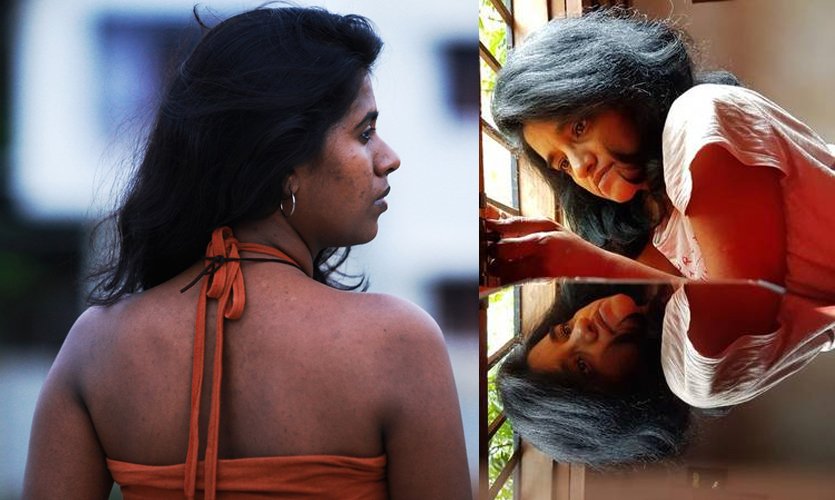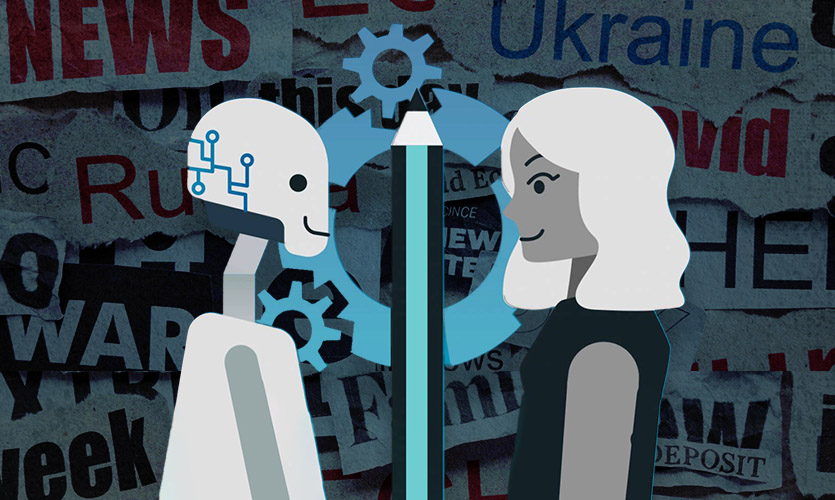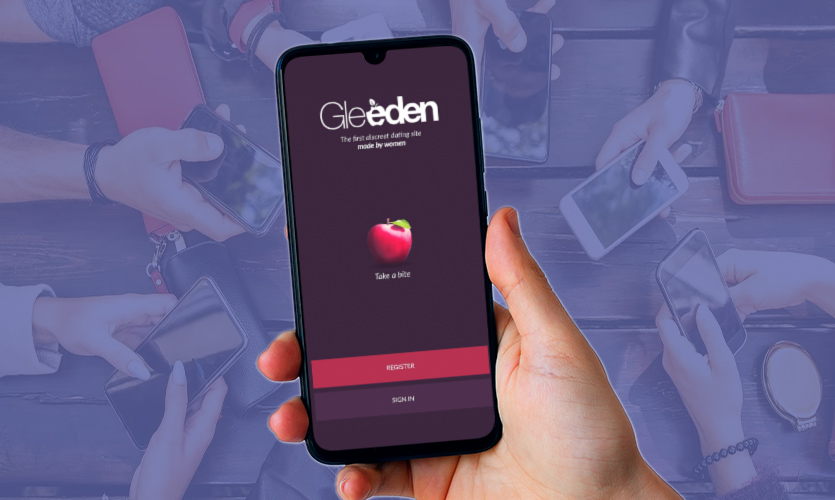In a survey done by Fortis Hospital among 1,244 women aged between 15 to 65 in 20 different cities, 90 per cent agreed that they were victims of body shaming. Eighty-four per cent said that women were more likely to go through it as compared to men. And, nearly 47.5 per cent agreed to have experienced it in school or their workplace.
However, a doleful fact is that these numbers erupt only during a survey. Neelakshi Singh, a plus-size fashion blogger and body positivity influencer says, “Being fat, thin, dark toned, bald or short is considered a misfit in the society. Why? We all crave to be on the brighter side of the shore rather than realising that we are just blindly following a pathetic mentality. The funny part is that we don’t even know who has laid down these rules”. Body shaming has increased due to the uncontrolled surge of the social media platforms where the “body zombies” find it way too easy to make obscene and shameful remarks.
Recently, a Tamil short film En Udambu made an impact with its bold story line highlighting the body shaming issues faced by women. The film revolves around how the woman protagonist takes a big step against two men blackmailing her with a video of hers. Directed by Earthling Kaushalya, the movie focuses on body shaming and how it can lead to women ending their lives. The film could be watched on the YouTube channel, Accessible Horizon Films, owned by Kaushalya. Talking about the movie, “It promotes the idea of ‘my body, my temple’, elaborating how a single stand against such acts can create a massive ripple in the ocean of shaming”, says Niharika Jaiswal, Psychologist and Influencer, who has organised various awareness seminars and recently watched the film.
The women-first networking app Bumble too has introduced a stern change in its policies thereby banning anyone who’s body shaming. It policies no longer allows the users to uses “fatphobic, ableist, racist, colourist, transphobic, homophobic” and other similar derogatory terms. This change also came about as a result of a survey where Bumble found that 44 per cent of its users felt insecure about their body. “Why only the dating apps? It’s high time for our society to update its policies as well”, mentions Neelakshi.
“The problem with our society including us is that we have become too reliant on some authority to look after such issues rather than taking a stand ourselves. I was body shamed because of my skin tone and when I raised my voice against it, it made a huge impact”, adds Niharika. A major part of this body shaming culture is contributed by cosmetic or beauty brands that portray fair skin, slim bodies and a head full of hair as “lovely”, “handsome” and a means to gain confidence in life. “What started as a mentality has now become a culture,” concludes Niharika.
Read more about the film, Bittu that became an Oscar finalist.










